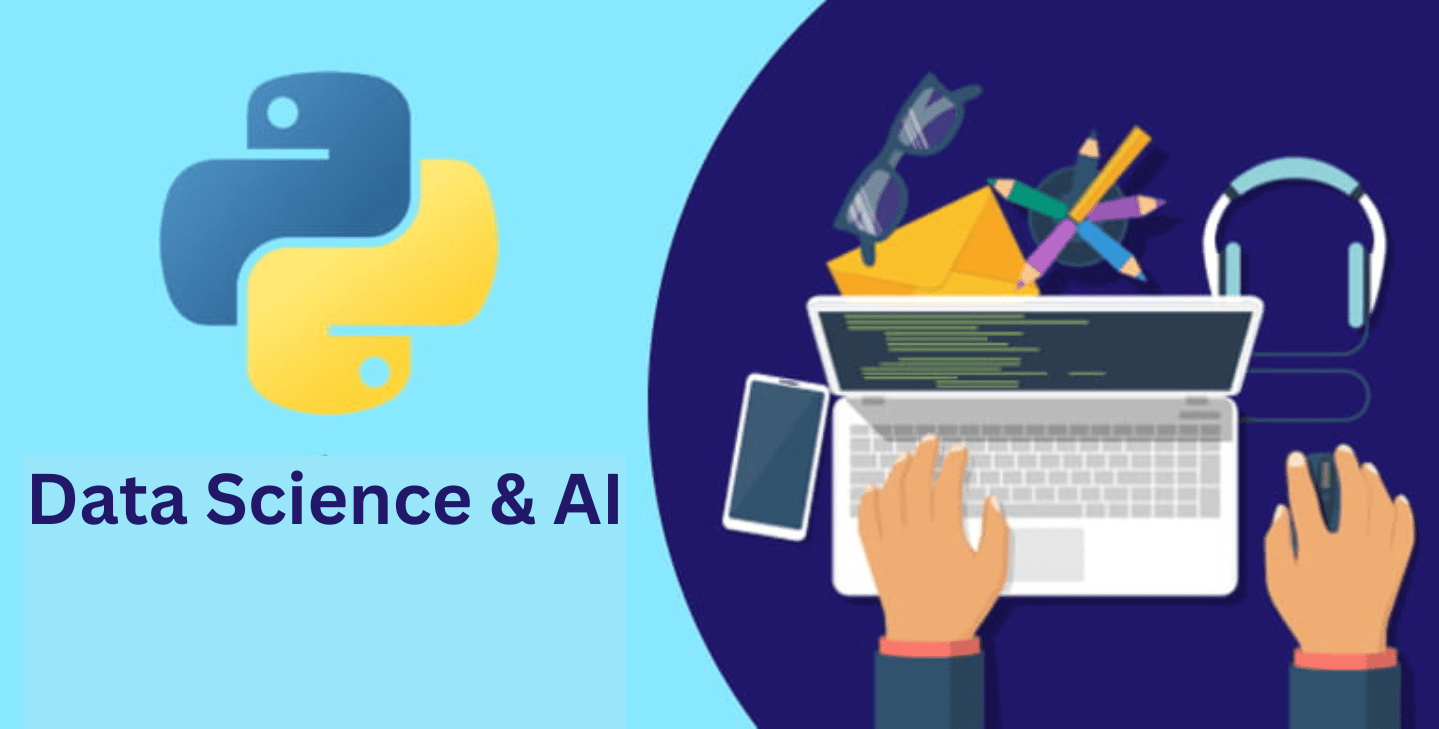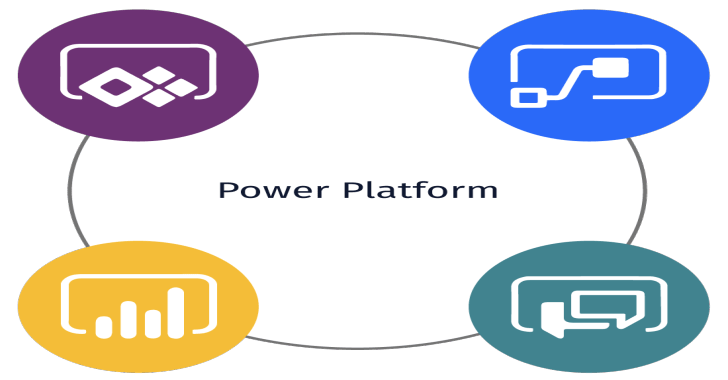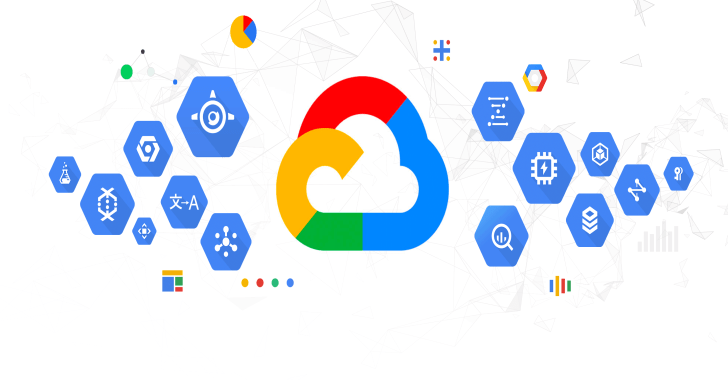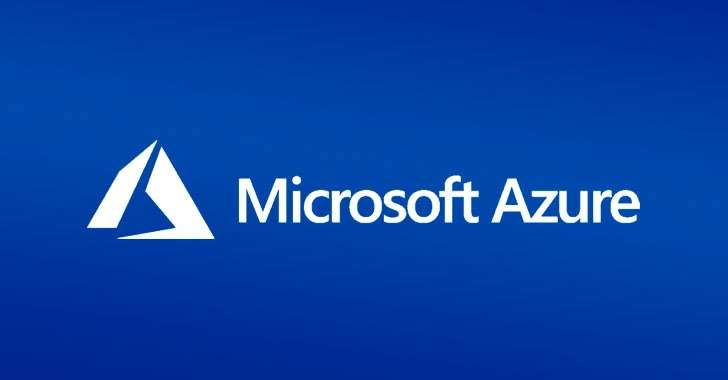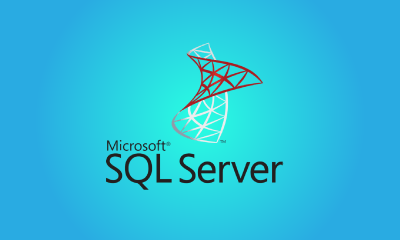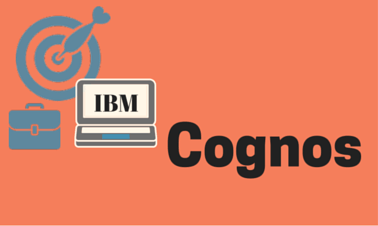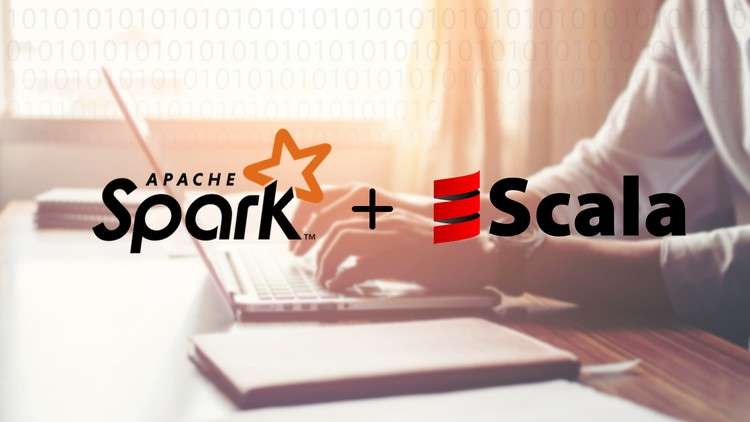GOLANG
52% Salary Hike
83% Happy with Outcome
1200+ Learners Have Trusted Us

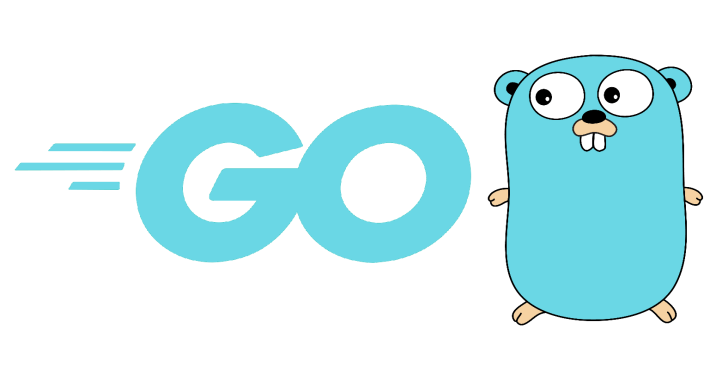
4 Rating ⭐⭐⭐⭐
Go, often referred to as Golang, is a statically typed, compiled programming language designed for building simple, reliable, and efficient software. Developed by Google, Go has gained popularity for its performance, ease of use, and strong support for concurrency.
GOLANG Certification Training Course
The Go programming language, also known as Golang, is a statically typed, compiled language designed for simplicity, efficiency, and performance. Developed by Google, Go has gained popularity for its ease of use, concurrency support, and robust standard library. A Golang Certification Training Course is designed to equip individuals with the knowledge and skills needed to effectively use Go for building scalable and efficient software applications.
Course Content
- What is GO? And why is it awesome ?
- Installing GO
- Writing GO program
- Module Introduction
- Working with Functions & Values
- Organizing Code with Packages
- The Important Of The Name “main”
- Understanding Go Modules & Building Go Programs
- The “main” Function Is Important!
- Onwards To A New Project
- Working with Variables, Values & Operators
- Understanding Value Types
- Go Types & Null Values
- Outputting Values
- Type Conversions & Explicit Type Assignment
- Using Alternative Variable Declaration Style
- Making Sense of Constant Values (“Constants”)
- Understanding the Importance Of Variables
- Improved User Input Fetching
- fmt.Scan() Limitations
- Exercise: Building a Profit Calculator
- Exercise Solution
- Formatting Strings (Text) – Basics
- Formatting Floats in Strings
- Creating Formatted Strings
- Building Multiline Strings
- Understanding Functions
- Functions: Return Values & Variable Scope
- An Alternative Return Value Syntax
- Exercise: Working with Functions
- Onwards to Control Structure
- Introducing “if” Statements & Booleans
- Working with “else if”
- Exercise: “if” Statements
- Using “else”
- Nested “if” Statements & Using “return” To Stop Function Execution
- Repeating Code With “for” Loops
- Infinite Loops, “break” & “continue
- Conditional For Loops
- Making Sense of “switch” Statements
- Writing To Files
- Reading From Files
- Handling Errors
- Time to Panic!
- Section Exercise – The Task
- Section Exercise – Solution
- Module Summary
- Module Introduction
- Splitting Code Across Files In The Same Package
- Why Would You Use More Than One Package?
- Preparing Code For Multiple Packages
- Splitting Code Across Multiple Packages
- Importing Packages
- Exporting & Importing Identifiers (Variables, Functions & More)
- Using Third-Party Packages
- Understanding Pointers
- Writing Code Without Pointers
- Creating a Pointer
- Pointers as Values
- A Pointer’s Null Value
- Using Pointers & Passing Pointers To Functions
- Using Pointers For Data Mutation
- Example: The Scan() Function Uses Pointers
- The Starting Project
- Which Problem Do Structs Solve?
- Defining A Struct Type
- Instantiating Structs & Struct Literal Notation
- Alternative Struct Literal Notation & Struct Null Values
- Passing Struct Values As Arguments
- Structs & Pointers
- Introducing Methods
- Mutation Methods
- Using Creation / Constructor Functions
- Using Constructor Functions For Validation
- Structs, Packages & Exports
- Exposing Methods & A Different Constructor Function Name
- Struct Embedding
- Structs – A Summary
- Creating Other Custom Types & Adding Methods
- Preparing An Interface Use-Case
- Finishing Interface Preparations
- Creating a First Interface
- Using The Interface
- Embedded Interfaces
- The Special “Any Value Allowed” Type
- Working with Type Switches
- Extracting Type Information From Values
- Interfaces, Dynamic Types & Limitations
- Introducing Generics
- Introducing Arrays
- Working with Arrays
- Selecting Parts of Arrays With Slices
- More Ways Of Selecting Slices
- Diving Deeper Into Slices
- Building Dynamic Lists With Slices
- Exercise – Problem
- Exercise – Solution
- Unpacking List Values
- Introducing Maps
- Mutating Maps
- Maps vs Structs
- Using The Special “make” Function
- “make”ing Maps
- Working with Type Aliases
- For Loops with Arrays, Slices & Maps
- Functions as Values & Function Types
- Returning Functions As Values
- Introducing Anonymous Functions
- Understanding Closures
- Making Sense Of Recursion
- Using Variadic Functions
- Splitting Slices Into Parameter Values
TOP Companies hiring GOLANG

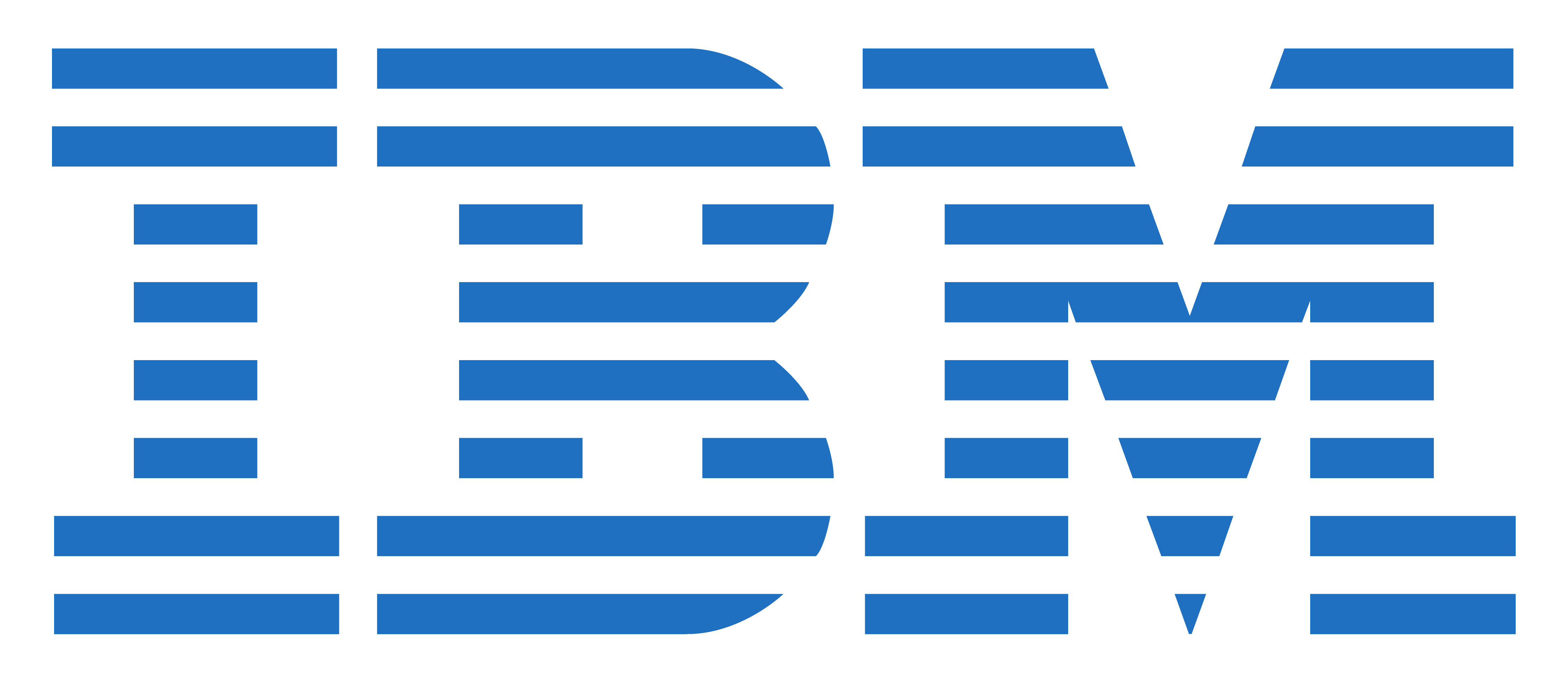





Previous
Next
Golang Certification Course Overview
A Golang (Go) Certification Course is designed to provide learners with a comprehensive understanding of the Go programming language and its application in software development. These courses cover fundamental concepts, best practices, and advanced techniques to help participants become proficient Go developers.
Golang Training Key Features
- Comprehensive Curriculum
- Hands-On Projects
- Dedicated live sessions by faculty of industry experts
- Lifetime access to self-paced learning content
- Industry-recognized course completion certificate

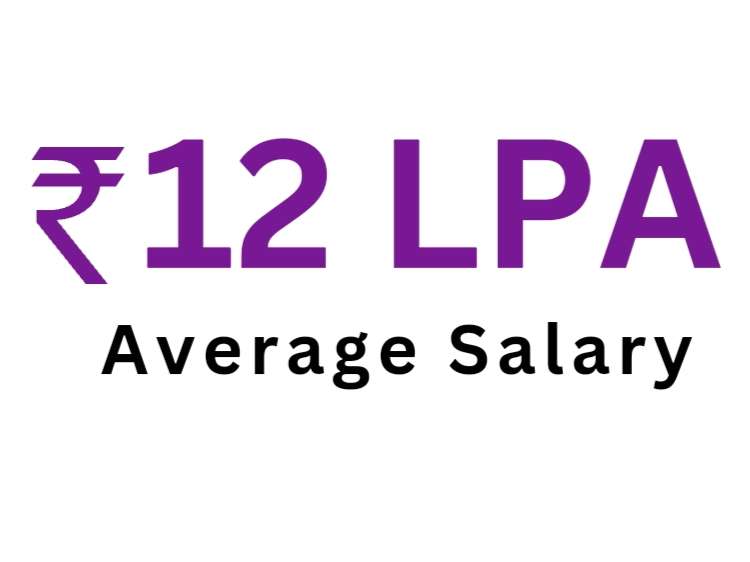
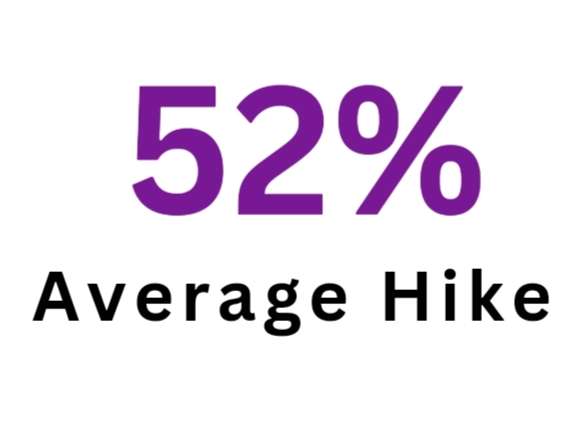

Previous
Next
Skills Covered
- Basics of Go Programming
- Advanced Go Concepts
- Concurrency in Go
- Web Development with Go
- Working with Databases
- Testing and Debugging
- Data Visualization
- Desktop Layout
Google Reviews



Explore Training Program
In Group
- Learners can share insights, ask questions, and engage in discussions, fostering a collaborative learning atmosphere.
- Courses are typically designed with a set curriculum that aims to meet the learning objectives of the group as a whole.
- Training sessions are scheduled at predetermined times, which can help learners maintain a consistent learning routine.
One on One
- The trainer focuses solely on one student, allowing for immediate feedback, personalized guidance, and a learning pace that suits the individual.
- One-on-one training often comes with the flexibility to schedule sessions at times that are most convenient for the learner, accommodating their personal and professional commitments.
Weekend Batch
- Classes are usually held on weekends, making it convenient for those who are busy during the weekdays.
- Since the classes are on weekends, the training sessions might be longer than typical weekday classes, aiming to cover the syllabus efficiently over a shorter period.


